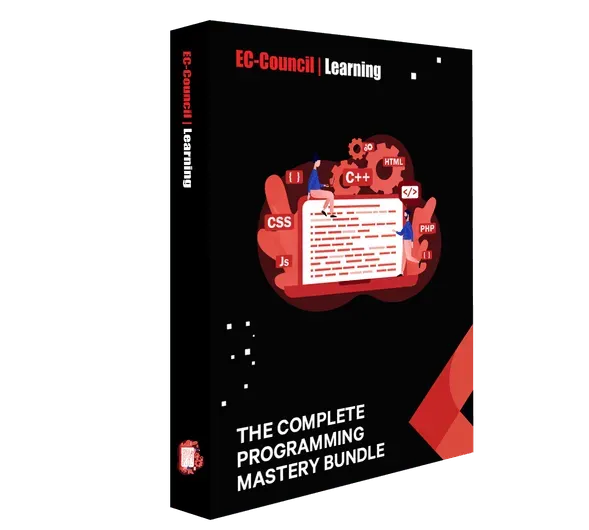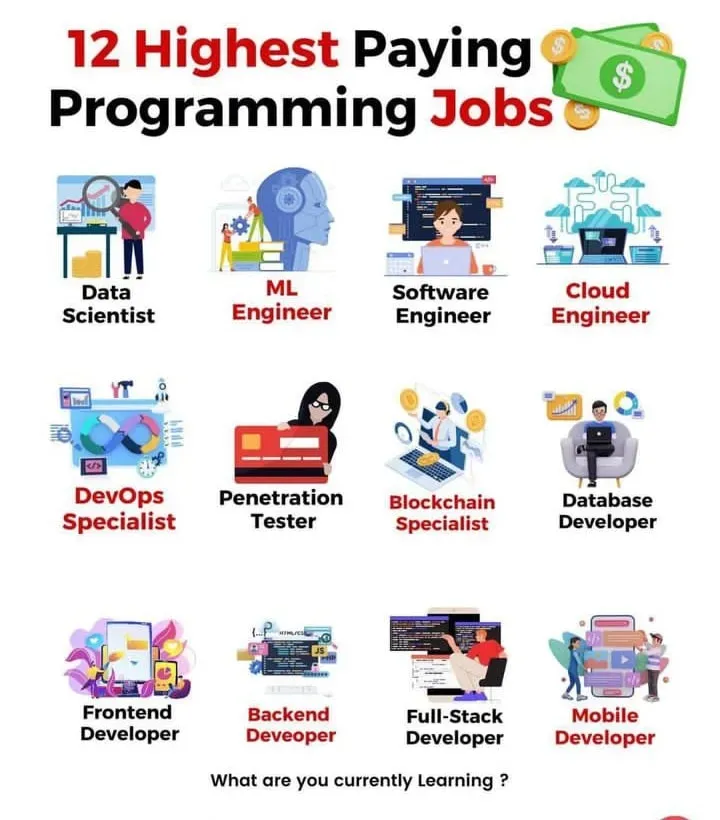Programming Mastery is not about memorizing syntax or chasing every new framework, but about building a durable, scalable approach to learning. From the outset, you’re guided by a path that emphasizes efficient programming learning and steady progress. In this introduction, we explore how to learn programming efficiently, turn practice into measurable gains, and keep curiosity aligned with real-world projects. Whether you’re starting fresh or seeking to level up, the framework described here applies across languages, domains, and problem spaces, guided by best practices for learning programming. By committing to a deliberate, systematic routine, you can move from curiosity to capability with clarity, confidence, and a growing sense of coding mastery.
Seen through the lens of semantic relevance, the objective shifts from rote recall to coding proficiency across real-world contexts. This path represents building software development expertise through repeatable practices, problem-solving rigor, and ongoing experimentation. Adopting a systematic learning mindset—focusing on patterns, optimization, and modular design—transforms temporary knowledge into durable capability. In other words, true mastery emerges when you can apply concepts across languages, tools, and teams with confidence and clarity.
Programming Mastery and Efficient Programming Learning: Deliberate Practice for Coding Mastery
Programming Mastery isn’t about memorizing syntax or chasing the newest framework. It’s about building a durable, scalable approach to learning that compounds over time. This aligns with efficient programming learning and coding mastery, because you’re crafting a repeatable process that grows your capability faster than random effort.
Adopt four pillars as your framework: deliberate practice with clear goals, spaced repetition for robust retention, problem-centered learning that tackles meaningful projects, and meta-learning to reflect and adjust. When you apply these ideas, you begin to learn programming efficiently and steadily progress toward true programming mastery.
Learn Programming Efficiently with Best Practices for Learning Programming and Programming Mastery Through Projects
To learn programming efficiently, blend structured routines with meaningful practice. The best practices for learning programming include setting concrete goals, focusing on weaknesses, and periodic reviews, so your study becomes a cohesive path to programming mastery.
Practical momentum comes from habit stacking, progress tracking, and applying knowledge to real projects. By focusing on programming mastery and consistently assessing outcomes, you reinforce what you’ve learned and demonstrate measurable progress.
Frequently Asked Questions
What is Programming Mastery and how can I apply it to efficient programming learning?
Programming Mastery is a durable, repeatable framework for learning that goes beyond memorizing syntax. It blends deliberate practice, spaced repetition, problem-centered projects, and meta-learning to build skills that compound over time. To apply it for efficient programming learning, set clear goals for each session, focus on meaningful projects, practice deliberately to address weak areas, and track progress so you can learn programming efficiently and steadily—cultivating coding mastery.
How can I measure progress toward Programming Mastery using best practices for learning programming?
Progress toward Programming Mastery can be measured with clear, observable milestones, such as mastering data structures, implementing core algorithms, and building robust tests. Apply best practices for learning programming by tracking project milestones, monitoring code quality improvements, and evaluating learning efficiency (e.g., fewer cycles to grasp concepts and faster problem solving). Regular reflection on strategies helps you adjust goals and sustain momentum toward programming mastery.
| Key Point | Summary |
|---|---|
| What Programming Mastery is | Not about memorizing syntax or chasing the latest framework; it’s a durable, scalable approach to learning that compounds over time, guiding you from curiosity to capability across languages and domains. |
| Why It Matters | Mastery lets you understand problems, design robust solutions, and adapt when requirements change. It’s a durable skill set built through a structured, repeatable learning process. |
| Four Pillars | Deliberate Practice with Clear Goals; Spaced Repetition and Robust Retention; Problem-Centered Learning; Meta-Learning and Reflection. |
| Deliberate Practice with Clear Goals | Set targets for each session, focus on weaknesses, break complex topics into smaller parts, and assemble them into complete solutions to accelerate learning. |
| Spaced Repetition and Robust Retention | Revisit concepts at increasing intervals; use tools like flashcards and quick code reviews to cement memory and reduce relearning. |
| Problem-Centered Learning | Tackle meaningful projects, diagnose blockers methodically, reproduce the issue, isolate root causes, and study targeted patterns before implementing a fix. |
| Meta-Learning and Reflection | Reflect on what you learned and how you learned it; identify effective strategies and resources to optimize your approach over time. |
| Getting Started: 12-Week Plan | A structured plan designed for steady progress that fits into a busy schedule, with weekly themes and milestones. |
| Weeks 1-2: Foundations and Mindset | Set concrete goals; choose a language to master; establish a daily practice habit; start a project journal. |
| Weeks 3-6: Core Concepts and Patterns | Learn fundamental data structures and algorithms; practice standard patterns; apply deliberate practice; include code reviews. |
| Weeks 7-9: Practical Projects and Tooling | Build a real project; improve debugging and logging; explore version control, testing, and basic software design principles. |
| Weeks 10-12: Mastery and Maintenance | Refactor older projects for readability and scalability; start teaching concepts to others; establish a long-term learning plan. |
| Natural Integration of Related Keywords | Combine related terms like efficient programming learning and learn programming efficiently into your routine to form a holistic approach to programming mastery. |
| Deliberate Practice Techniques | Set micro-goals, write before-and-after comparisons, use rubber-duck debugging, and engage in pair programming or peer reviews. |
| Learning Pathways and Tools | Choose languages aligned with goals; master core concepts; master essential tools; develop systems thinking to understand component interactions. |
| Maintaining Momentum | Build a habit stack; track progress with metrics; reward small wins; stay curious by exploring open-source projects and new ideas safely. |
| Common Obstacles | Plateauing, frustration with hard topics, overcommitting, and impostor feelings — strategies include breaking topics down, seeking multiple explanations, and maintaining realistic schedules. |
| Measuring Progress | Track skill milestones, project milestones, code quality improvements, and learning efficiency to stay motivated. |
Summary
Programming Mastery is achievable for dedicated learners who follow a structured plan, commit to deliberate practice, and continuously refine their learning strategies. By embracing efficient programming learning principles, focusing on learn programming efficiently, and applying proven best practices for learning programming, you can accelerate your journey from novice to competent and, ultimately, proficient coder. The path isn’t a sprint; it’s a sustainable marathon of curiosity, discipline, and ongoing improvement. Start small, stay consistent, and let each session compound into a broader capability that serves you across languages, domains, and years of coding success.



